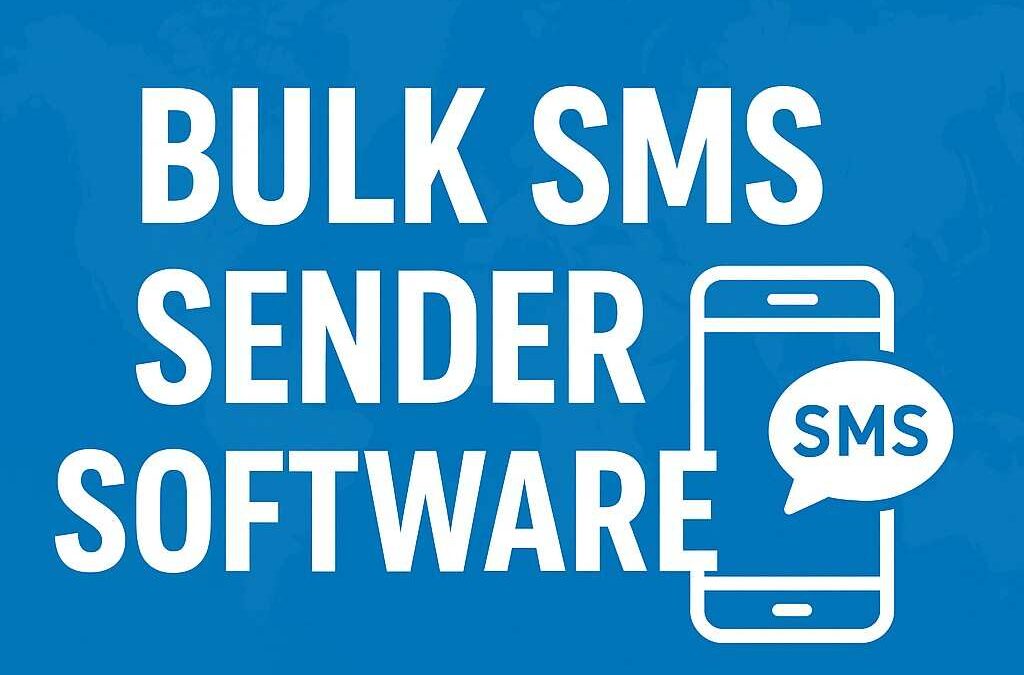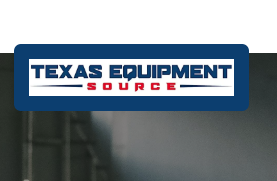Introduction: Why Energy Efficiency Needs to Be Your Top Priority
Energy-intensive industries, like manufacturing, mining, and chemicals, are always on the lookout for ways to reduce overheads and improve efficiency. Energy costs alone can be a significant part of your budget, and managing these costs while maintaining production levels is a constant challenge.
Here’s a thought: What if there was a framework that could help you systematically cut your energy consumption, improve sustainability, and save money—all at once? That’s where ISO 50001 certification comes into play.
But how does it work? And why is it such a game-changer for energy-heavy industries? Let’s get into it.
What Is ISO 50001 Certification and Why Does It Matter?
To put it in simple terms, ISO 50001 certification is an internationally recognized standard for energy management systems (EnMS). It helps businesses manage and optimize their energy use, with a focus on continuous improvement. Think of it as a guide that shows you how to use energy more effectively while also improving your bottom line.
Now, why should this matter to you? For one, ISO 50001 helps you reduce energy consumption, which directly impacts your operational costs. And, importantly, it aligns your business with global standards for sustainability and energy management—something increasingly demanded by both customers and regulators.
It’s not just about cutting back on energy use when the costs are high. ISO 50001 helps you embed energy efficiency into your core operations, enabling you to stay competitive while driving long-term savings.
How ISO 50001 Certification Helps Energy-Intensive Industries Stay Competitive
If you’re working in an energy-intensive industry, you know that energy is not just a cost—it’s a key factor in your company’s competitiveness. So, how does ISO 50001 certification help you navigate the complex energy landscape? Let’s look at some of the direct benefits:
1. Reduces Energy Consumption and Costs
The most obvious benefit is cost reduction. With ISO 50001, you’ll systematically review your energy usage, identify inefficiencies, and implement strategies to cut waste. Over time, these energy savings can lead to significant cost reductions, which, in turn, improve your profitability.
2. Improves Environmental Impact
Sustainability isn’t just a buzzword. It’s now a necessity for businesses aiming to thrive in today’s world. ISO 50001 helps you reduce your carbon footprint by optimizing energy usage, lowering emissions, and promoting the use of renewable energy sources. So not only will your business be more efficient, but it will also be better for the planet.
3. Ensures Compliance with Regulations
Energy regulations are becoming stricter, with governments imposing stricter standards on energy efficiency. With ISO 50001 certification, you ensure your business is always up to date with the latest regulations, reducing the risk of fines or penalties and improving your reputation with both customers and regulators.
The Pillars of ISO 50001: What You’ll Learn in Certification Training
To get the most out of ISO 50001 certification, it’s crucial to understand the core components of the energy management system. Here’s a quick overview of the pillars that ISO 50001 is built on:
1. Energy Policy Development
One of the first things you’ll do in ISO 50001 is develop an energy policy. This is a formal statement that outlines your company’s commitment to energy efficiency, sets goals, and defines the responsibilities of everyone involved. It’s your blueprint for success—without this, the rest of the system won’t work.
2. Energy Planning
Planning is essential to ISO 50001. This phase involves assessing your current energy usage, identifying areas for improvement, and setting clear, achievable energy-saving targets. With the right planning, you can pinpoint opportunities for savings, whether it’s optimizing your machinery or reducing waste in the production process.
3. Implementation and Operation
Once the planning is in place, it’s time for action. ISO 50001 guides you on how to implement the systems and processes that support energy efficiency—whether that’s adopting new technologies or improving staff training to ensure everyone is on board.
4. Checking and Monitoring
The “check” phase is all about measuring progress. How much energy have you saved? Are you meeting your targets? By regularly monitoring your energy performance, you can identify areas where further improvements are needed, ensuring you’re always on track to reach your goals.
5. Continuous Improvement
ISO 50001 is a commitment to ongoing progress. This is where the system stands out—rather than just achieving energy savings once, you’ll continuously assess your energy performance, set new targets, and adapt your strategy as needed. It’s a long-term plan for sustained energy efficiency.
What Are the Key Benefits of ISO 50001 Certification for Your Industry?
You know energy is critical to your operations, but how can ISO 50001 certification actually benefit your business in real, tangible ways? Let’s break it down.
1. Operational Cost Reduction
Reducing energy consumption means reducing operational costs. Through systematic energy management, you’ll identify areas where energy is being wasted and take steps to prevent it. Whether it’s switching to more energy-efficient machinery or changing employee behavior, every little bit counts.
2. Increased Competitive Advantage
With sustainability becoming a key factor for consumers and investors, ISO 50001 certification can give your company a competitive edge. Customers are increasingly looking for businesses that are committed to reducing their environmental impact, and ISO 50001 shows that you’re serious about energy efficiency.
3. Stronger Regulatory Compliance
Energy regulations are becoming more stringent. By adopting ISO 50001, you ensure your company is always in compliance with local and international energy laws, reducing the risk of non-compliance penalties.
4. Improved Reputation and Brand Image
ISO 50001 certification isn’t just about compliance—it’s about sending a clear message to your customers, employees, and stakeholders that your company is committed to sustainability and continuous improvement. This can enhance your brand image and attract more business opportunities.
5. Better Risk Management
When you have a well-established energy management system in place, you’re better equipped to manage risks associated with energy supply disruptions, price fluctuations, or regulatory changes. ISO 50001 helps you anticipate and mitigate these risks effectively.
How to Get Started with ISO 50001 Certification in Your Industry
Ready to take the next step? Here’s how to get started with ISO 50001 certification:
1. Find a Trusted Certification Body
Look for an accredited certification body that specializes in ISO 50001. They’ll guide you through the certification process, help you implement the energy management system, and ensure you’re on track to meet the standard.
2. Train Your Team
Training is key. ISO 50001 certification involves understanding not only the technical side of energy management but also the cultural shift needed within your organization. Everyone from top management to floor employees should be on board, which is why training is so important.
3. Implement the System
Once your team is trained and ready, it’s time to put the system into practice. This involves developing your energy policy, setting targets, tracking performance, and identifying improvement opportunities. It’s a systematic approach that drives long-term success.
4. Stay Committed to Continuous Improvement
Certification isn’t the end of the journey—it’s just the beginning. The true power of ISO 50001 comes from the continuous improvement it fosters. By consistently reviewing your energy performance, you ensure that your company stays ahead of the curve and continues to optimize energy use year after year.
Conclusion: Why ISO 50001 Certification Is a Game Changer for Energy-Intensive Industries
In energy-intensive industries, managing energy efficiently isn’t just about cutting costs—it’s about ensuring long-term sustainability, staying compliant with regulations, and positioning your company as a leader in sustainability. ISO 50001 certification offers a comprehensive framework that helps you achieve all of these goals and more.
By adopting ISO 50001, you’re not just improving your energy management—you’re transforming your approach to energy, making it a core component of your overall business strategy. So, if you’re serious about improving efficiency, reducing costs, and boosting sustainability, ISO 50001 is the certification you need.







0 Comments